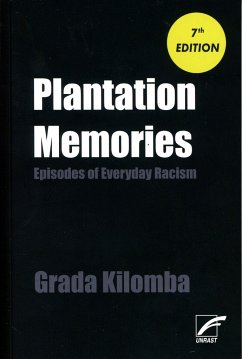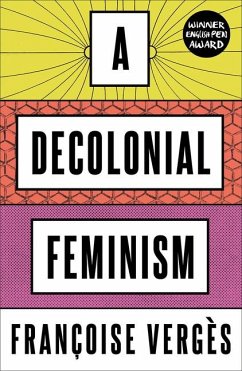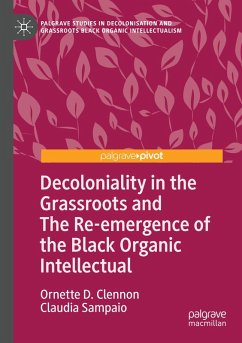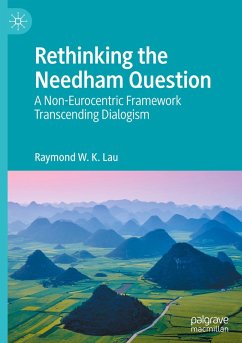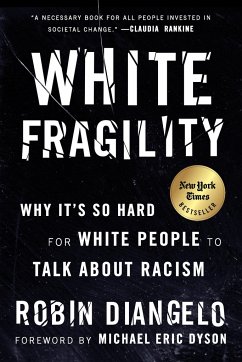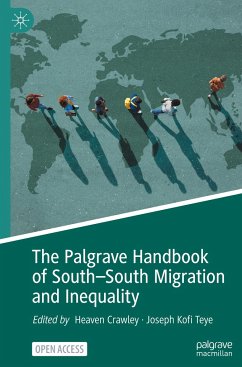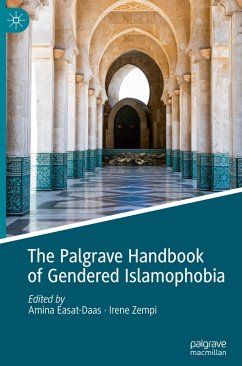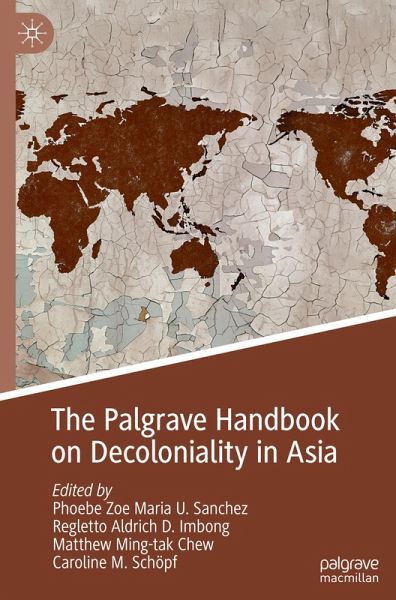
The Palgrave Handbook on Decoloniality in Asia

PAYBACK Punkte
88 °P sammeln!
This Handbook brings together a plethora of decolonial perspectives from and about Asian countries beyond Southeast Asia. Complementing existing scholarship on decolonisation in Latin America and Africa, emerging and established scholars from the Global North and the Global South cover politically urgent, vital and underexplored topics from the social sciences and humanities. An important compendium, more than 25 original contributions bring debates happening in various parts of the world strongly into conversation with similar debates in the West where there has been little reciprocal exchang...
This Handbook brings together a plethora of decolonial perspectives from and about Asian countries beyond Southeast Asia. Complementing existing scholarship on decolonisation in Latin America and Africa, emerging and established scholars from the Global North and the Global South cover politically urgent, vital and underexplored topics from the social sciences and humanities. An important compendium, more than 25 original contributions bring debates happening in various parts of the world strongly into conversation with similar debates in the West where there has been little reciprocal exchange. Bringing to the fore the importance of a paradigm shift within academia, this first-of-its-kind Handbook is useful for policy-makers, scholars and students of postcolonial and decolonial studies, sociology, development studies and social movements.





